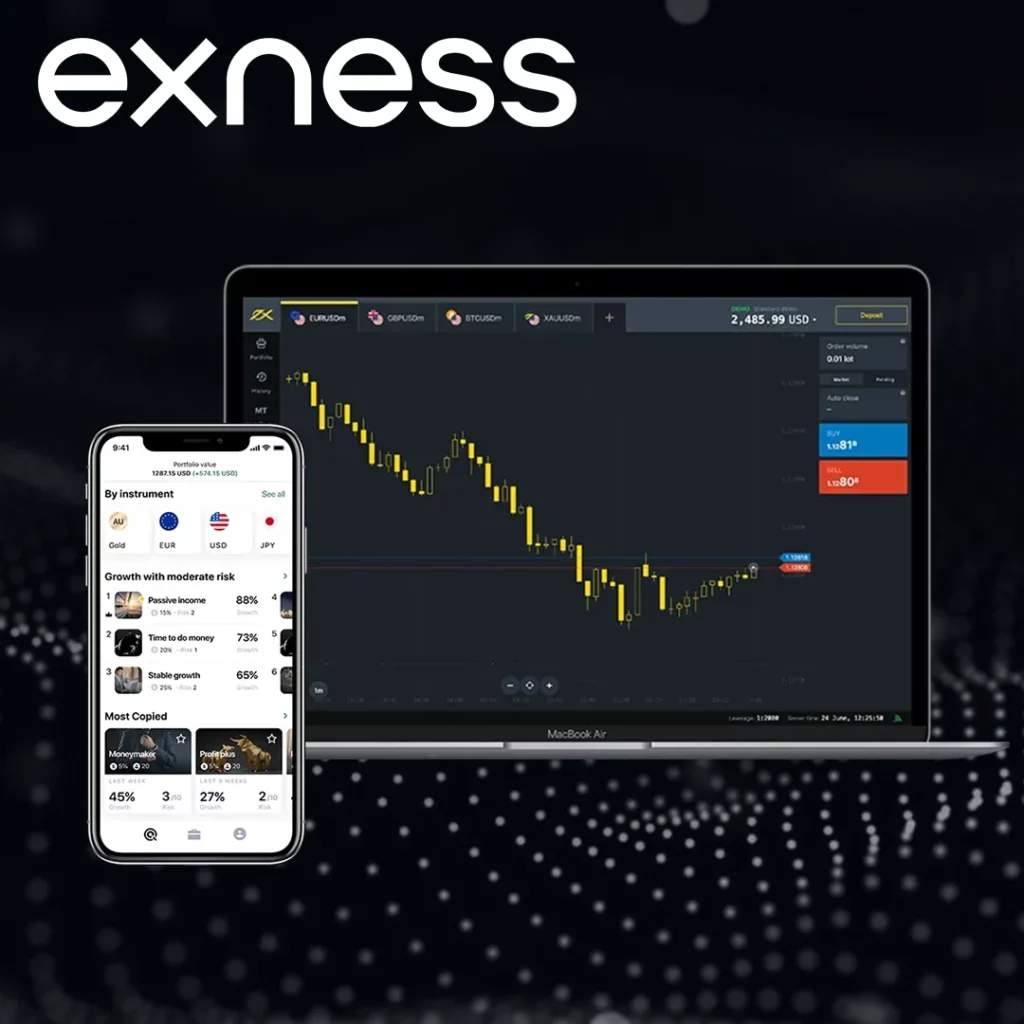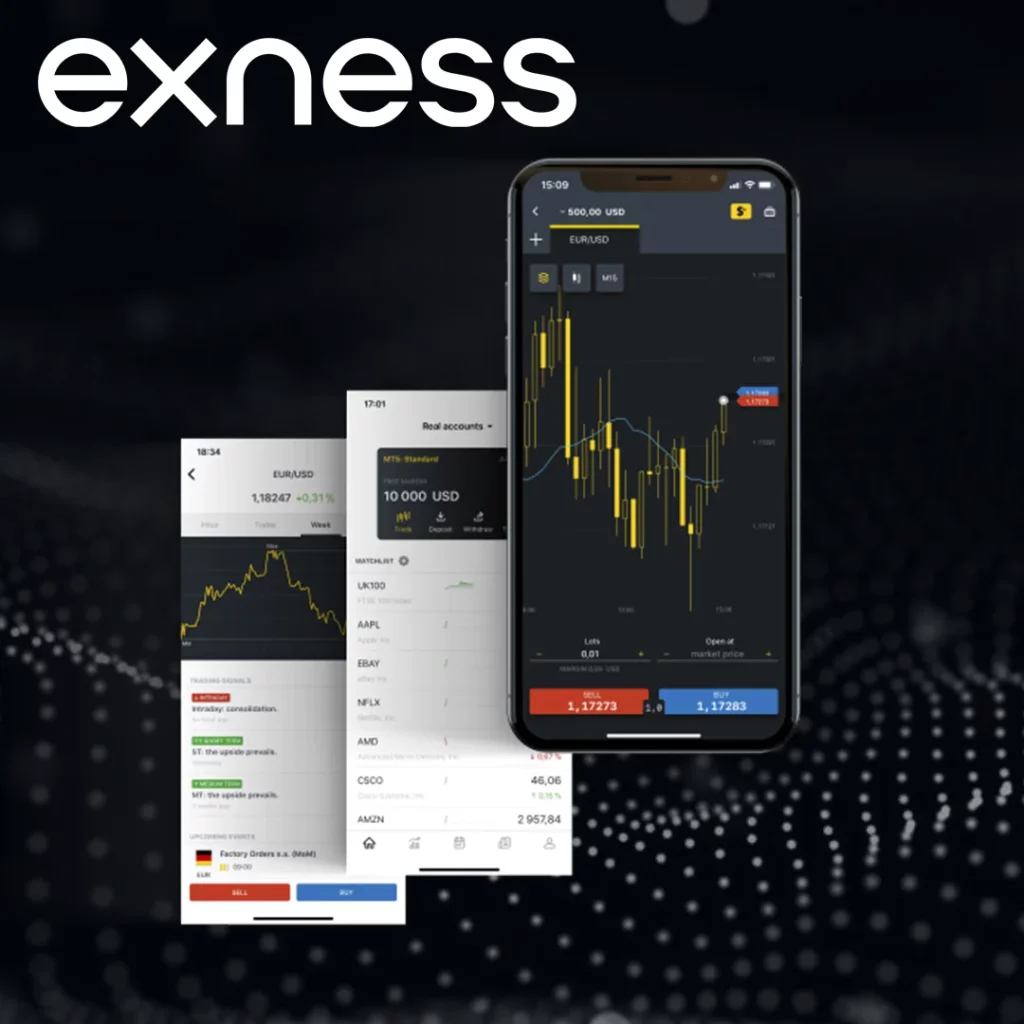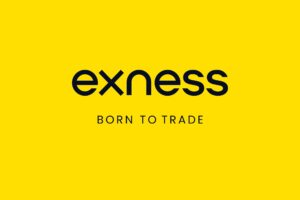When choosing a forex broker, it’s essential to understand the offerings of different platforms. Exness and Alpari are two prominent names in the forex trading space, each with its unique strengths and features. This article provides a detailed comparison between the two brokers, covering key aspects such as regulation, account types, trading platforms, fees, leverage options, and more.
Company Overview and Regulatory Standing
The regulatory environment plays a crucial role in ensuring the safety and security of traders’ funds. Both Exness and Alpari are well-regulated, but the regulatory bodies they fall under differ in terms of tier and reputation.
Exness is regulated by several top-tier authorities, including the FCA (UK), CySEC (Cyprus), FSA (Seychelles), and FSCA (South Africa). This extensive regulatory framework provides traders with enhanced security and confidence, knowing that their funds are protected under some of the strictest financial regulations globally.
| Feature | Exness | Alpari |
| Regulators | FCA, CySEC, FSA, FSCA, CBCS, CMA | FSC (Mauritius), FSA (Seychelles) |
| Founded | 2008 | 1998 |
| Global Presence | Over 130 countries | Over 150 countries |
| Client Fund Security | Segregated accounts, Negative balance protection | Segregated accounts, Negative balance protection |
Exness’s broad regulatory coverage is a significant advantage over Alpari, which is regulated by mid-tier authorities like the FSC in Mauritius and FSA in Seychelles. While Alpari is still a reliable broker, Exness stands out for its perceived stability and global compliance.
Account Types and Flexibility
Exness provides a wide range of account types that cater to different trading styles, from beginner traders to seasoned professionals. Alpari, while also offering a variety of accounts, tends to focus more on professional and advanced trading setups.
Exness Account Types:
- Standard Cent Account: Ideal for beginners. It allows traders to start with minimal risk exposure, as it uses smaller lot sizes.
- Standard Account: Offers flexibility for all levels of traders with no minimum deposit requirement.
- Pro Account: Designed for advanced traders who seek tighter spreads and faster execution.
- Raw Spread Account: For professional traders and scalpers, this account offers the tightest spreads with a small commission per lot.
- Zero Account: For traders who need fixed spreads for more predictable costs.
Alpari Account Types:
- Standard Account: With a minimum deposit of $20, it’s designed for retail traders.
- Pro Account: Requires a minimum deposit of $500 and provides tighter spreads compared to the Standard account.
- ECN Account: Ideal for professional traders seeking direct market access with a $300 minimum deposit.

| Account Type | Exness | Alpari |
| Standard | No minimum deposit | $20 |
| Standard Cent | No minimum deposit | Not available |
| Pro | $200 | $500 |
| Raw Spread | $200 | Not available |
| Zero | $200 | Not available |
| ECN | Not available | $300 |
Exness’s variety in account types allows for better customization to suit various trader needs, especially for beginners who can start with low-risk accounts. Alpari, while offering the ECN model for more professional traders, lacks a beginner-friendly option like the Standard Cent account.
Trading Platforms and Tools
Both Exness and Alpari provide the widely used MetaTrader 4 (MT4) and MetaTrader 5 (MT5) platforms, which are known for their reliability, advanced charting tools, and algorithmic trading capabilities. However, Exness goes a step further by integrating additional features to improve the trader’s experience.
| Platform | Exness | Alpari |
| MetaTrader 4 (MT4) | Yes, all devices | Yes, all devices |
| MetaTrader 5 (MT5) | Yes, all devices | Yes, all devices |
| Proprietary Platform | No | No |
| Social Trading | Yes | Yes |
Exness provides social trading, where traders can copy strategies from more experienced traders, enhancing opportunities for beginners. In addition, Exness offers VPS hosting and free trading signals for certain account types, making it ideal for traders who need fast execution and stable trading environments.
Alpari also offers social trading and the well-established MT4/MT5 platforms but lacks proprietary tools and advanced features like Exness’s VPS hosting.
Spreads, Commissions, and Trading Costs
For many traders, low trading costs are crucial. The spread and commission model can significantly impact profitability, especially for high-frequency traders. Here’s a breakdown of the spreads and commissions for both brokers:
| Feature | Exness | Alpari |
| Spread (EUR/USD) | From 0.3 pips (Standard) | From 0.4 pips (Standard) |
| Pro Account Spread | From 0.1 pips | From 0.3 pips |
| Raw Spread | From 0.0 pips, $3.5/lot | Not Available |
| ECN Spread | Not Available | From 0.0 pips, $6/lot |
Exness offers much tighter spreads across different account types, especially with the Raw Spread account, which has spreads starting at 0.0 pips and a minimal commission. Alpari, on the other hand, offers ECN accounts with spreads from 0.0 pips, but the higher commission of $6 per lot makes it less cost-effective for frequent traders compared to Exness.
Leverage Options and Risk Management
Leverage allows traders to control larger positions with smaller capital, but it also increases risk. Both Exness and Alpari provide leverage, but there are significant differences in the maximum leverage available.
| Feature | Exness | Alpari |
| Maximum Leverage | 1:Unlimited | 1:1000 |
| Risk Management Tools | Stop-out protection, VPS, alerts | Stop-out protection, VPS |
Exness offers unlimited leverage on some accounts, allowing traders to control larger positions with minimal initial capital. However, this high leverage also increases risk, so it is important to apply proper risk management techniques. On the other hand, Alpari provides leverage up to 1:1000, which is competitive but not as high as Exness’s offering. Both brokers offer stop-out protection and VPS hosting for traders requiring low-latency execution.
Market Instruments and Trading Diversity
The range of instruments a broker offers can influence a trader’s ability to diversify their portfolio. Exness offers a broader selection of instruments compared to Alpari, particularly in the categories of stocks and cryptocurrencies.
| Market | Exness | Alpari |
| Forex Pairs | 107 | 46 |
| Metals | Gold, silver, platinum | Gold, silver |
| Cryptocurrencies | BTC, ETH, XRP, more | BTC, ETH, LTC |
| Indices | 10+ major indices | 11 indices |
| Stocks | 70+ CFDs | 30+ CFDs |
| Energies | Brent, WTI, natural gas | Limited options |
Exness offers access to 107 forex pairs, 70+ stock CFDs, and various cryptocurrencies, allowing traders to build a highly diversified portfolio. Alpari, while offering a decent range of forex and CFD instruments, focuses more on forex and CFDs and has fewer options for stocks and cryptocurrencies.
Deposit and Withdrawal Processes
Exness excels in providing instant deposits and withdrawals for most payment methods, which ensures that traders have immediate access to their funds. In contrast, Alpari has a longer processing time for certain payment methods, which could delay access to funds.
| Feature | Exness | Alpari |
| Deposit Fees | None | None |
| Withdrawal Fees | None | Varies (bank transfers may incur fees) |
| Processing Time | Instant for most methods | Up to 24 hours |
| Payment Methods | Bank transfers, e-wallets, crypto | Bank transfers, e-wallets, crypto |
Exness provides a faster and more efficient deposit and withdrawal process, with zero fees for both deposits and withdrawals across most methods. Alpari, while offering similar payment methods, can have delays in processing and certain withdrawal fees, especially for bank transfers.
Customer Support and Accessibility
Exness offers round-the-clock customer support in over 15 languages, making it one of the most accessible brokers globally. Alpari provides 24/5 support, which may be less convenient for traders who need assistance during weekends.
| Feature | Exness | Alpari |
| Support Hours | 24/7 | 24/5 |
| Supported Languages | 15+ | 12+ |
| Contact Methods | Chat, email, phone | Chat, email, phone |

Exness’s 24/7 customer support in multiple languages provides greater flexibility for international traders, especially those working in different time zones. Alpari offers sufficient support during weekdays but may not be as accessible for urgent matters over the weekend.
Conclusion: Exness vs Alpari
When choosing between Exness and Alpari, traders must consider their specific needs and trading goals. Exness stands out for its wide range of account types, low spreads, and superior regulatory standing, making it a more versatile option for traders of all levels. Its offerings in social trading, VPS hosting, and instant withdrawal processing further enhance its appeal.
Alpari, with its ECN model and focus on professional trading, offers a great option for advanced traders looking for direct market access. However, its higher commissions and narrower range of instruments limit its appeal for beginners or those seeking a broader market exposure.
Ultimately, Exness provides a more well-rounded trading environment with greater flexibility and competitive pricing, making it the more accessible choice for most traders.

Trade with a trusted broker Exness today
See for yourself why Exness is the broker of choice for over 800,000 traders and 64,000 partners.
FAQ
What is the main difference between Exness and Alpari?
Exness offers a broader range of account types, more regulatory oversight, and a greater selection of market instruments compared to Alpari, which focuses on ECN trading.



